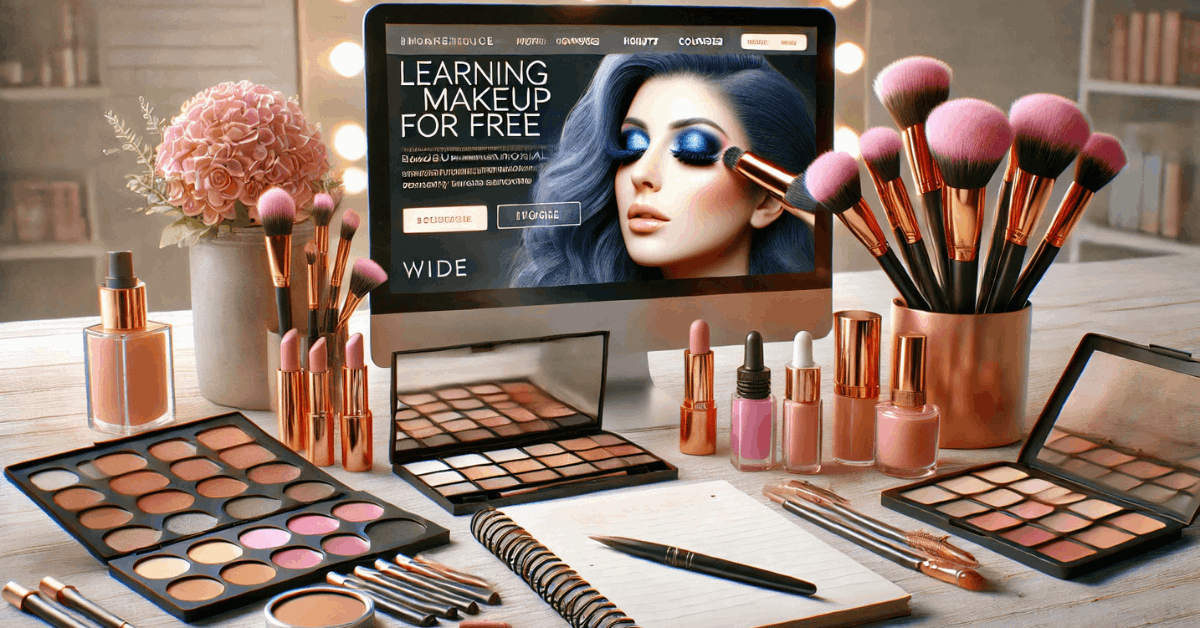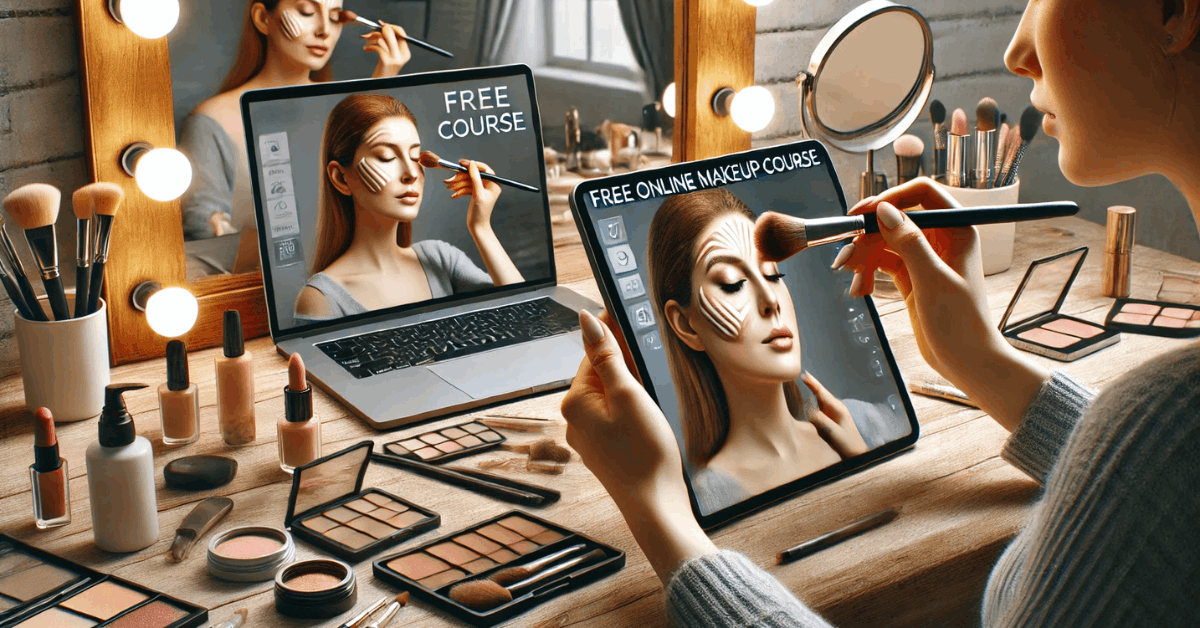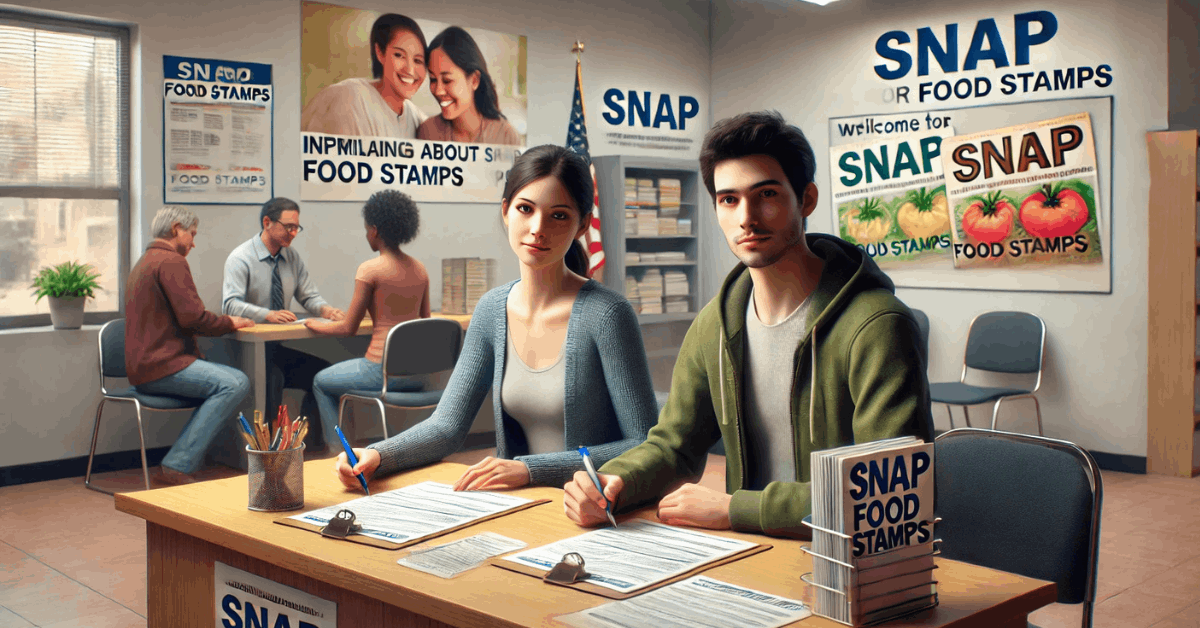You can now learn makeup for free without attending expensive schools. Free platforms offer quality lessons that fit your pace and schedule.
This article highlights where and how to start learning. Explore the best tools, platforms, and beginner tips today.
Benefits of Learning Makeup Online for Free
You can learn makeup without pressure. Free platforms let you choose your own path. You control your time and pace.
There’s no cost or contracts. You learn by trial, error, and correction. Most courses have helpful communities or feedback tools.
Lessons are repeatable. You can rewatch and review as needed. This helps build long-term skills faster.

Top Platforms to Learn Makeup Online for Free
You’ll find many trusted sites. Pick one based on your style. Look for clear visuals and consistent creators.
YouTube
YouTube is a free platform loaded with makeup content. You can visit youtube.com to search by style, brand, or technique. Many top creators walk you through step-by-step tutorials.
Try Lisa Eldridge or NikkieTutorials for high-quality guidance. Their videos are beginner-friendly and detailed. Focus on foundational skills before exploring advanced styles.
You can save playlists and follow series-based content. Comment sections offer useful feedback. No subscription or login is required.
Skillshare – Free Trial Option
Skillshare provides structured classes with a 30-day free trial. You can start at skillshare.com and explore beginner courses in makeup.
Look for creators like Gabrielle Marie who break down each technique. The platform includes student projects and optional feedback. It’s well-suited for short-term intensive learning.
Cancel before the trial ends if you don’t want to subscribe. You’ll still benefit from full access during that period. The site tracks your progress.
Coursera and edX – Audit Free Courses
Coursera and edX host academic-style courses, often with wellness and beauty topics. Visit coursera.org or edx.org to explore these options.
Both platforms allow free auditing, meaning you access lessons without quizzes or certificates. These are more theory-focused than visual.
Courses include self-care, dermatology, and skincare basics. It’s a slower pace but deeper content. Ideal for those who want background knowledge.
Alison
Alison offers free beauty courses that include certificates upon completion. Go to alison.com to browse makeup-focused diplomas.
Their “Diploma in Makeup Artistry” teaches techniques for skin, eyes, and contouring. It’s great for building a foundation.
You track progress through a free account. Certificates can be used to boost resumes. Courses are self-paced and updated regularly.
Udemy – Free Courses and Coupons
Udemy occasionally offers free makeup tutorials through filters and discount codes. Start at udemy.com and search “free makeup courses.”
Pick lessons with strong ratings and hands-on demos. Some focus on natural makeup, bridal styles, or product application.
After enrolling, you keep lifetime access. No monthly fee applies. Look for coupons on promo sites.
What to Look for in a Good Free Makeup Course?
Not all makeup courses give clear direction. Some are better structured and easier to follow. Use this checklist to choose the right one.
- The course should include clear learning goals, step-by-step lessons, and examples you can follow at home.
- Choose lessons with real-time demonstrations, not just text or fast-forwarded videos.
- Look for good audio and video quality so you can see product texture and blending clearly.
- Find instructors who explain why each product or step is used, especially for beginners.
- Check for student feedback, ratings, or course reviews to gauge usefulness before you start.
- Choose platforms that offer progress tracking or downloadable guides for practice.
- Avoid courses with vague instructions or poor visuals that make it hard to follow.
- Look for beginner-friendly content that builds skills gradually instead of jumping into advanced topics.
Essential Skills You Should Learn First
Building a strong makeup foundation starts with mastering a few essential skills. Here’s a simple list to guide your early practice:
- Learn proper skin preparation, including cleansing, moisturizing, and priming, before applying makeup.
- Practice choosing and applying a foundation that matches your skin tone and texture accurately.
- Focus on basic eye makeup skills, including blending eyeshadow and applying mascara neatly.
- Develop brow grooming and filling techniques that suit your natural brow shape.
- Understand color matching for lips, cheeks, and overall balance in makeup looks.
- Prioritize hygiene by cleaning your tools regularly and tracking makeup product expiry dates.
Tools You’ll Need to Follow Online Lessons
You don’t need every product. A few basics are enough. Focus on brushes, sponge, and mirror.
Use drugstore makeup first. Skip premium brands early. Technique matters more.
Good lighting helps the application. Try natural light or a ring light. Avoid tinted bulbs.
Common Mistakes Beginners Make and How to Avoid Them?
Mistakes are normal when you first learn makeup. Knowing the most common ones helps you avoid frustration. Use this quick checklist to stay on track:

- Skipping skincare preparation before makeup application leads to uneven texture and poor foundation adherence.
- Applying too much product at once makes blending difficult and causes a heavy, unnatural look.
- Trying advanced makeup looks too early without mastering basics like blending and color matching.
- Using expired or low-quality products that irritate the skin or give poor results.
- Ignoring the importance of lighting during practice results in missed blending flaws or uneven colors.
- Forgetting to clean brushes and tools regularly increases the risk of breakouts and infections.
Can You Start a Career with Free Makeup Education?
Yes, many artists start online. It’s about skill, not cost. Practice is what counts most.
Build a photo portfolio. Offer free services to friends. Post progress on social media.
Certificates from Alison help credibility. Join forums for feedback. Keep learning and testing.
Additional Tips to Maximize Free Learning
Maximizing your free learning experience can accelerate your growth. Small strategies will help you stay focused and motivated. Follow these simple tips to stay on track:
- Track your progress weekly by taking regular photos of your looks and noting improvements.
- Join online communities or makeup forums to share your work, ask questions, and get feedback.
- Use a planner or calendar to set small, daily practice goals and monitor your consistency.
- Watch a mix of short tutorials and full classes to cover both specific skills and complete looks.
- Save inspirational looks from Pinterest or Instagram and use them to practice recreating different styles.
- Reflect on your mistakes weekly to adjust techniques and focus areas for the next practice sessions.
- Track your progress weekly. Take photos of your looks. Compare and adjust.
- Join online communities or forums. Ask questions and share tips. Learn from others’ experiences.
- Use a planner to organize lessons. Set small, daily practice goals. Stay consistent to build habits.
Best Content Formats to Follow
Some people prefer short videos. Others like full tutorials. Know your learning style.
Look for creators who show mistakes and corrections. Realistic content helps more. Avoid heavily edited-only formats.
Podcasts and blogs can help too. They explain the theory behind products. Combine different formats.
Where to Find Practice Inspiration?
Use Pinterest or Instagram for look ideas. Save the styles you want to copy. Stick to your skill level.
Recreate celebrity or trend looks. Choose one focus per session. Keep trying until you improve.
Follow hashtags like #beginnerMUA. These help you connect with others. Share your own versions too.
Final Takeaway: Start Today, Learn Fast, Grow Your Skill
You can learn real skills for free. Start small and grow with practice. Focus on one area each week. Track your improvement with photos.
Stay consistent and honest. Don’t wait to begin. Your makeup journey starts now. Free resources are enough to get skilled.











